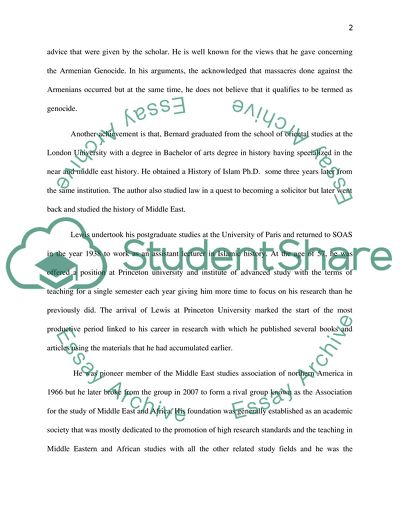Cite this document
(“The Crisis of Islam: Holy War, Unholy Terror by Bernard Lewis Book Report/Review”, n.d.)
Retrieved from https://studentshare.org/history/1692241-the-crisis-of-islam-holy-war-unholy-terror-by-bernard-lewis
Retrieved from https://studentshare.org/history/1692241-the-crisis-of-islam-holy-war-unholy-terror-by-bernard-lewis
(The Crisis of Islam: Holy War, Unholy Terror by Bernard Lewis Book Report/Review)
https://studentshare.org/history/1692241-the-crisis-of-islam-holy-war-unholy-terror-by-bernard-lewis.
https://studentshare.org/history/1692241-the-crisis-of-islam-holy-war-unholy-terror-by-bernard-lewis.
“The Crisis of Islam: Holy War, Unholy Terror by Bernard Lewis Book Report/Review”, n.d. https://studentshare.org/history/1692241-the-crisis-of-islam-holy-war-unholy-terror-by-bernard-lewis.


